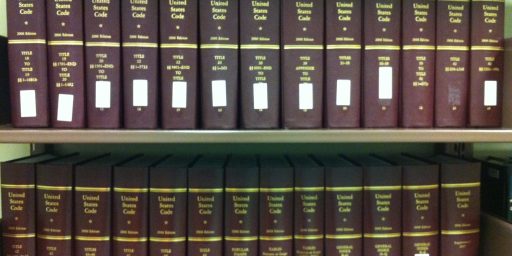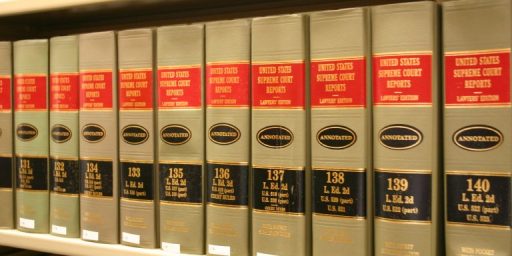US and EU Withdraw Airbus-Boeing Dispute from WTO
US and EU pull back from brink in Airbus-Boeing row (Financial Times)
The US and the European Union buried the hatchet on Tuesday in their trade dispute over aircraft subsidies, saying they would return to the negotiating table to reach a bilateral agreement curtailing aid to Airbus and Boeing. In October, the US and the EU launched the biggest dispute in the history of the World Trade Organisation in an effort to end what each side said were unfair subsidies to the world’s two largest aircraft makers.
Brussels and Washington appear to have decided that too much was at stake to risk the prospect of a WTO ruling that could prove self-defeating for both sides. Instead, the two parties will give themselves three months to reach an agreement “to end subsidies to large civil aircraft producers in a way that establishes fair market competition for all development and production” of aircraft.
Peter Mandelson, the EU’s trade commissioner, said: “When disputes arise in transatlantic trade relations we should try to solve them by dialogue and co-operation. Today’s agreement creates a positive atmosphere for more work to strengthen the economic partnership between the EU and the US, which is vital for both of us.” From the start, Mr Mandelson expressed hope that the dispute might be “kept out of the WTO net through a proper discussion.”
Dan Drezner is pleased, noting this is one of those times “when bilateral is better than multilateral.”
The WTO wins because it doesn’t have to deal with this case — which for many reasons is ill-suited for its dispute settlement mechanism. More importantly, the WTO keeps its reputation intact. The high stakes nature of this dispute virtually guaranteed that one or both economic great powers would not have complied with the WTO ruling. All that would have done is weaken the legitimacy and credibility of one of those rare multilateral organizations that is generally acknowledged to be effective.
Dan offers no examples of when bilateral isn’t better than multilateral, but one presumes they exist.






More importantly, the WTO keeps its reputation intact.
And what reputation would that be? Everyone (and I do mean EVERYONE) traffics in unfair trade practices. The WTO is like the referee trying to call pass interference or holding on any play in the NFL.